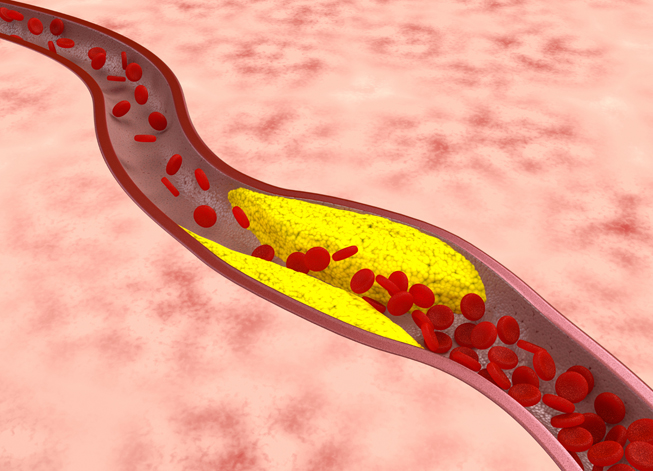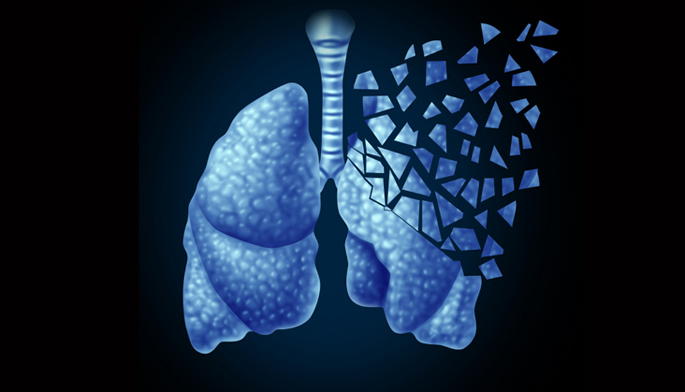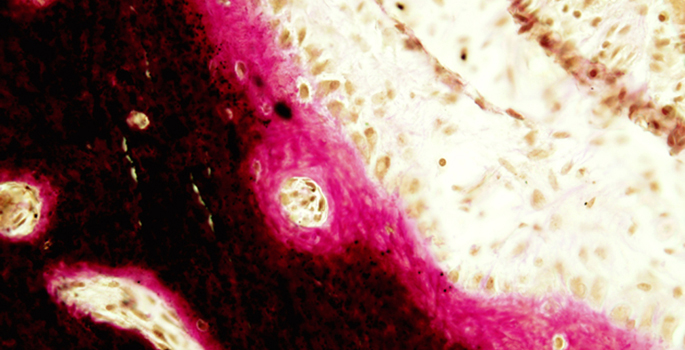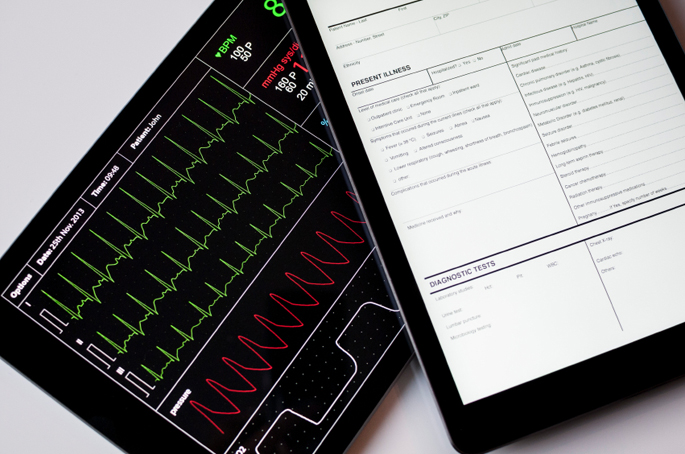NCATS
-

Target for atherosclerosis therapies
A newly identified “atheroprotective” gene is a tool for exploring plaque pathophysiology and may be a good target for therapies to slow atherosclerosis progression. Read MoreDec 17, 2014
-

Vanderbilt’s neurovascular chip project moves into new phase
Vanderbilt researchers will play a key role in the second phase of the federal "tissue chip for drug screening" program. Read MoreNov 18, 2014
-

Overactive stress response in obesity
An overactive stress response contributes to the development of insulin resistance in obese individuals, and blocking it may be therapeutically beneficial. Read MoreNov 7, 2014
-

Biomarker for diabetic eye disease
A person’s mitochondrial gene “signature” could predict risk for diabetic retinopathy and guide early intervention strategies. Read MoreSep 26, 2014
-

A path to sarcoidosis treatment
Vanderbilt investigators identify a new therapeutic target for the inflammatory lung disease sarcoidosis. Read MoreSep 25, 2014
-

Bone healing therapy for NF1 fractures
A combination treatment delivered to the site of fractures may improve bone healing in patients with the genetic disease neurofibromatosis type-1. Read MoreSep 11, 2014
-

Limiting breast cancer metastasis
Vanderbilt researchers have identified a new target for blocking breast cancer metastasis. Read MoreAug 28, 2014
-

Weight regain after gastric bypass
Early weight regain after gastric bypass surgery does not reverse metabolic improvements, and the "hunger hormone" ghrelin might indicate who is susceptible to weight regain. Read MoreAug 15, 2014
-

Novel treatment strengthens bones in genetic disease
An enzyme therapy may prevent skeletal abnormalities associated with the genetic disorder neurofibromatosis type-1, Vanderbilt investigators have discovered. Read MoreAug 7, 2014
-

New target for breast cancer therapy
The protein MTBP is overexpressed in an aggressive type of breast cancer, and it regulates another protein implicated in many cancer types, suggesting that it may be a good target for new therapeutics. Read MoreJul 31, 2014
-

PET probe detects dying tumor cells
A novel PET imaging probe detects tumor cell death in vivo and could be useful for personalizing cancer medicine. Read MoreMay 8, 2014
-

Potential mechanism for myeloma drug’s variable toxicity
A genetic variant is associated with toxicity of the chemotherapy drug melphalan, and could guide individualized dosing for the medication. Read MoreApr 30, 2014
-

E-records shed light on drug response
Electronic medical records linked to DNA biobanks are a valid resource for defining and understanding the genetic factors that contribute to drug response. Read MoreMar 31, 2014
-

Mapping brain circuitry
Vanderbilt investigators have used two types of neuroimaging to establish a “map” of connections for a brain region important in anxiety and addiction. Read MoreMar 28, 2014
-

Flu boosts pneumococcal colonization
Influenza and parainfluenza infections – but not other respiratory viruses – increase the risk of acquiring pneumococcal bacteria, the most common cause of severe pneumonia. Read MoreMar 27, 2014
-

Delirium increases long-term disability
Patients who suffer a longer duration of delirium in the intensive care unit are more likely to experience long-term disability after discharge. Read MoreMar 17, 2014
-

Human and Helicobacter co-evolution
by Denise Anthony (iStock) A Vanderbilt University-led research team has solved a long-standing riddle: Why do people of mostly Amerindian ancestry in the Andes have a gastric cancer rate that is 25 times higher than that of fellow Colombians of mostly African descent only 124 miles away on the coast?… Read MoreJan 23, 2014
-

A pain in the … genes
Vanderbilt researchers have discovered that variation in the gene encoding the potassium channel GIRK1 plays a role in modulating human pain perception. Read MoreJan 10, 2014
-

Cancer drug enhances cognition
The breast cancer drug tamoxifen improves cognitive performance in post-menopausal women. Read MoreDec 16, 2013
-

Autism narrows brain’s reward response
MRI brain scans reveal that children with autism spectrum disorders respond to a narrower range of familiar rewards. Read MoreNov 27, 2013